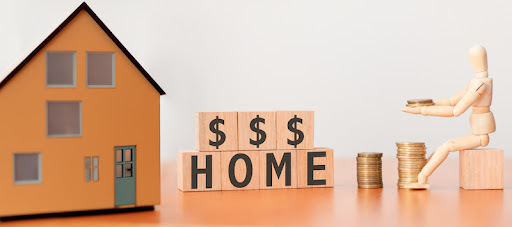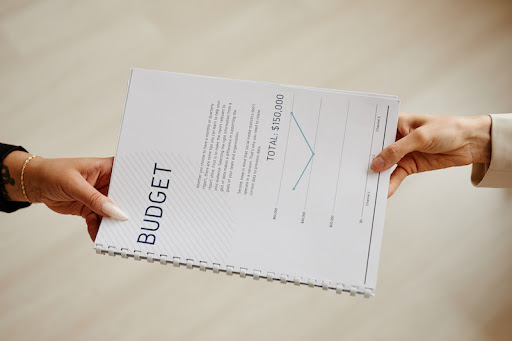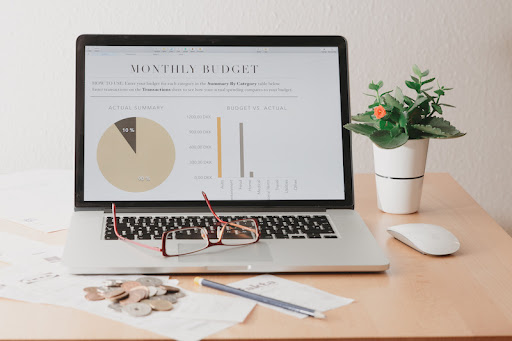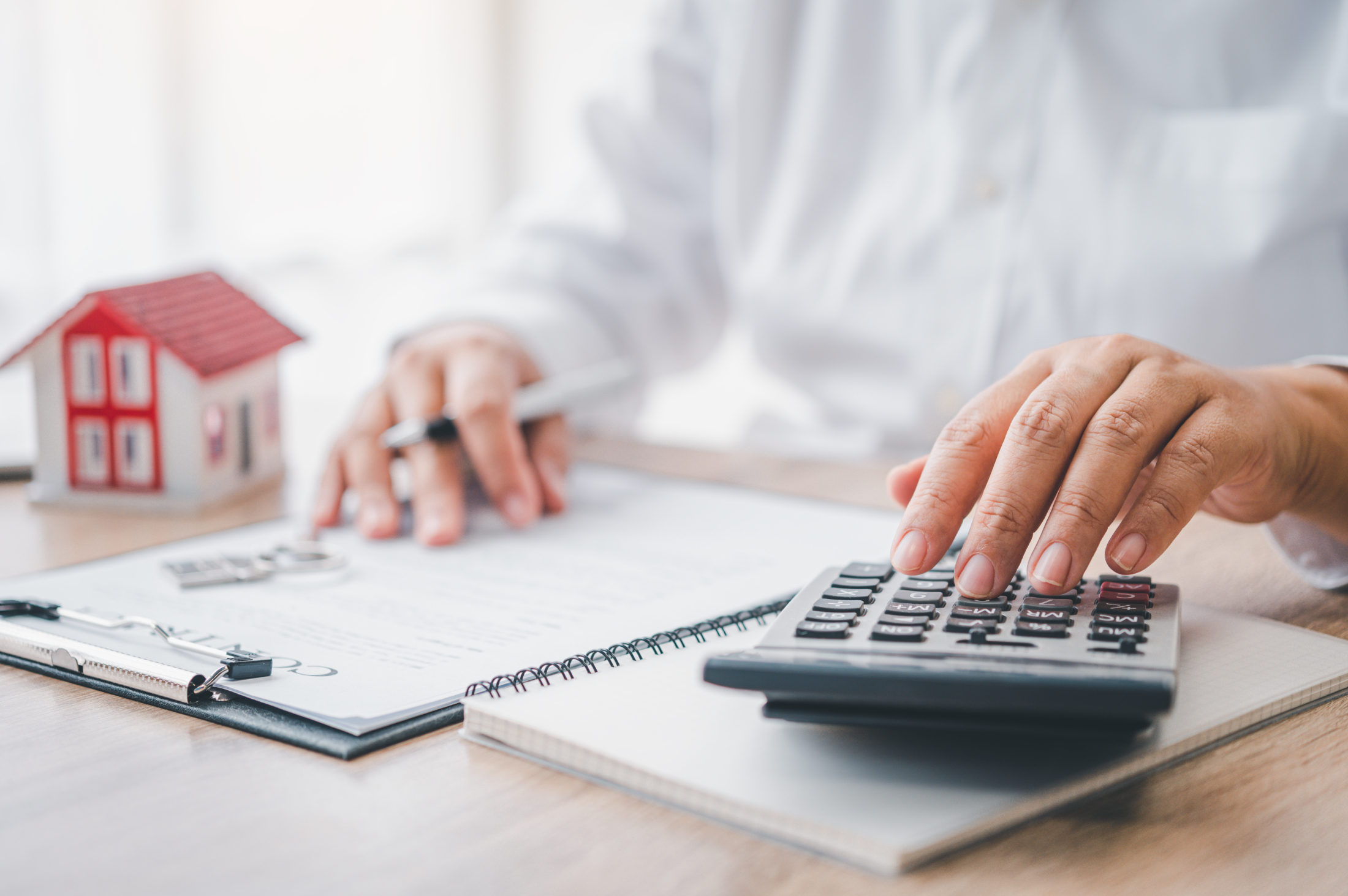
If you’re reading this blog, you've probably never been on the market for a home before. House hunting and home buying are new territories, which can be both a hectic experience and an enjoyable adventure. But if you aren’t careful, both your expenses and stress can get out of hand.
So, before you start browsing Winnipeg MLS listings, the first step in purchasing a home is creating an accurate and realistic budget for your expenses and how a mortgage will fit into your overhead. Ensuring your calculations are precise will save you hassle in the long run.
Creating a budget may seem fundamental; unfortunately, first-time homebuyers tend to believe whatever their mortgage lender says, which might range from the sort of home they can afford to typical fees such as property taxes and insurance. Since home-buyers are eager to purchase, it’s easy to overlook the necessity of creating their personal budget. They don’t want to miss a fantastic deal, so they move on with the process. But, realistically, they do not know if they have the means to afford their new house.
In September 2022, the average sale price of a Winnipeg house was $361,338 (a 6.3% year-over-year increase and 10% lower than in June 2022), and the average cost of a condo was $266,000 (increased by 15% year-over-year).
Initially, it appears to be a considerable sum that seems impossible to pay, but with preparation and dedication to your finances, you could secure your dream home. So, how do you create a budget for a home purchase? Let's look at some pointers and methods that can get you going!

Follow The 25% Rule When Purchasing A House
The 25% rule is vital to be aware of when purchasing a home. According to this rule, your mortgage shouldn't consume more than 25% of your monthly income. Some people include all home expenses, such as taxes, insurance, and bill payments into this percentage.
Limiting your mortgage to 25% is beneficial because one bill payment won't overload your financial situation. If there is an unexpected cost or an emergency, you can reduce other expenses before worrying about your mortgage payments.
It’s the surest path to worry-free living; however, if you think you can afford more than 25%, lenders typically approve payments up to 35% of a pretax income. However, proceed with caution and be aware of the challenges you could encounter while owning a home.

Purchasing a Home Within Your Budget
Your priority should always be finding a home within your means. When applying for a mortgage, if the combined proportion of your debt and mortgage is more than 43% – you will probably be rejected.
On the other hand, if your debt is under 43% and it appears to drop between 33% and 25% in the near future, you will most likely receive the funds required to purchase the home.
Ultimately, at no time do you want disproportionate financials, as that will force you into restrictive spending, which means less going out and socializing, or worse, being unable to pay bills. Renting a property is a better-suited option if a mortgage or your general cost of living relies on most of your income.

Budgeting Techniques for Buying a House
Here are some suggestions to help you create a home buying budget before buying a house in Winnipeg!
Examine Your Earnings
When purchasing a home, the first consideration is your income. Write a list of all earnings: base salary, commission, bonuses, secondary source(s), investments, etc., and include how often you receive these payments and if the amounts are static. In the event that your payment amount fluctuates, note the average income and round down.

Set Debt Repayment Goals
Reducing debt should be a priority before you commit to a house; the fewer arrears you have, the better your chance is at securing a loan you can afford. Of course, you can have debt when purchasing a home, but it’s best to free up as much room in your budget as possible. You will have lawyers, movers, renovations, taxes, etc., to consider.
Determine Your Costs
After you’ve secured a home, expenses don’t stop – in more cases than not, they increase. Your budget has to account for maintenance, curb appeal upgrades, repairs, and possibly higher bill payments or cleaning costs. All of these additional costs can be overwhelming, which is why you want budget accordingly.

Create Realistic Goals
When purchasing a property with a partner, it’s vital to have transparent goals, objectives, and budgets. Even modest goals can affect your house-buying journey; transferring to a different office will alter the location, wanting a pool will alter the Winnipeg MLS listings, attending a destination wedding will alter your budget, and so on. Instead of doing it alone, it will benefit the two of you to unify your goals to know where you each stand.

Safeguard Your Investment
It goes without saying that you should keep the exterior and interior of your home clean and in good condition. A house is an asset that should be protected and well-maintained. It will be robust for years to come if properly handled. Therefore, you need to add estimated maintenance costs to your budget. If you’re coming from an apartment, you’ll need to purchase a lawn mower, fertilizer, snow blower, sand, etc. Consider if you will have to replace the roof, repaint, or complete large-scale renovations to safeguard your investment.

Budget Awareness When Buying a House in Winnipeg
Ultimately, your home-buying budget should analyze all aspects of your income, expenses, and spending habits. In the end, you might delay the process or look at alternatives. If a mortgage and house insurance payment will consume half of your monthly income, explore options like browsing condo listings or renting an apartment while you build your savings accounts.
Being able to pay a mortgage but not being able to pay necessities or other commitments is nothing short of irresponsible for your financial well-being. In other words: don't make buying a property more important than your overall lifestyle.
These techniques might be intimidating, especially if you're thinking about them for the first time. There is no perfect moment or age to begin saving. If you've waited a long time to achieve financial freedom, it might often feel daunting or unattainable. It's never too late to get started. As a result, creating a financial plan will make your life easier. By making a plan, you can meet your spending targets and reduce your debt while still saving.
Having a hard time deciding if you’re ready to buy a house in Winnipeg? Check out our “Should I Rent or Should I Buy? Thoughts From Winnipeg's Best Realty Team” blog.


